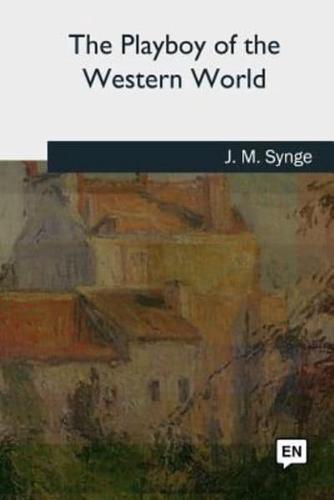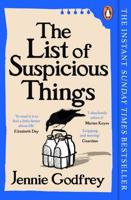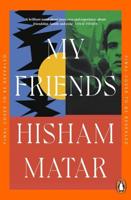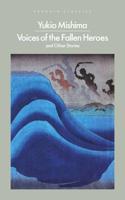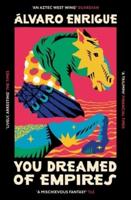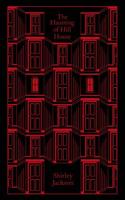Publisher's Synopsis
In writing THE PLAYBOY OF THE WESTERN WORLD, as in my other plays, I have used one or two words only that I have not heard among the country people of Ireland, or spoken in my own nursery before I could read the newspapers. A certain number of the phrases I employ I have heard also from herds and fishermen along the coast from Kerry to Mayo, or from beggar-women and ballad-singers nearer Dublin; and I am glad to acknowledge how much I owe to the folk imagination of these fine people. Anyone who has lived in real intimacy with the Irish peasantry will know that the wildest sayings and ideas in this play are tame indeed, compared with the fancies one may hear in any little hillside cabin in Geesala, or Carraroe, or Dingle Bay. All art is a collaboration; and there is little doubt that in the happy ages of literature, striking and beautiful phrases were as ready to the story-teller's or the playwright's hand, as the rich cloaks and dresses of his time. It is probable that when the Elizabethan dramatist took his ink-horn and sat down to his work he used many phrases that he had just heard, as he sat at dinner, from his mother or his children. In Ireland, those of us who know the people have the same privilege.
